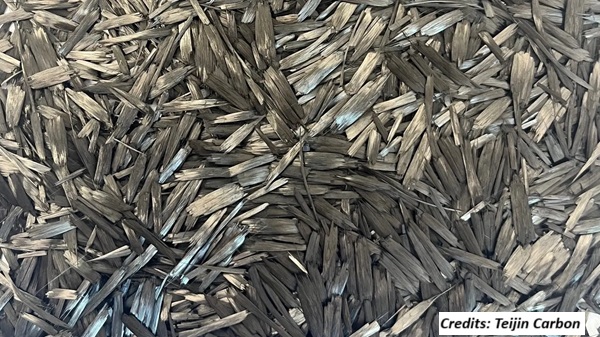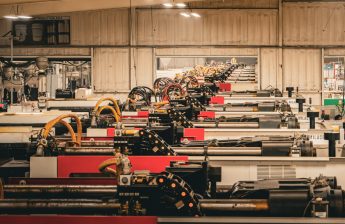Teijin will utilise the supply chain traceability system developed by Netherlands-based Circularise B.V., a company in which it invested in November 2024, to create DPPs for its product offerings. The company’s product traceability platform, established in 2016, specialises in sustainability compliance throughout supply chains. It supports companies in auditing and meeting regulatory requirements, including the ESPR. The DPP technology verifies the origins of materials, thereby enhancing accountability across the supply chain.
Teijin’s collaboration with Circularise marks the beginning of a gradual launch of DPP-compliant products, with carbon fibre materials expected to be among the first wave.
The ESPR, effective since July 2024, aims to significantly boost product sustainability within the EU market by enhancing circularity, energy efficiency, recyclability, and durability, as outlined by the European Commission. DPP implementation will occur in phases, culminating in full compliance expected by 2030. Notably, by 2027, all industrial and electric vehicle batteries will be required to have a DPP, and similar mandates for textiles and other products are anticipated in the future.
Teijin unveiled two proof-of-concept applications showcasing these advancements at JEC World 2025 in Paris to illustrate how the DPPs developed with Circularise’s traceability platform facilitate material traceability and the sustainable use of recycled materials.
The company showcased two innovative applications: the first, an example of how a recycling process can be made transparent, featuring Teijin Aramid Pulp from recycled materials and illustrating the journey of aramid fibres from recycled materials to end-use products, tracing discarded slings back to Teijin Aramid for the production of aramid pulp.
The second application, Tenax Next R2S P513 6mm consisted of a short carbon fiber product made from post-production waste. The DPP detailed how specific waste streams were reintegrated into the manufacturing process, thus enhancing material circularity.
Teijin is a technology-driven global group focused on high-performance materials and healthcare solutions. Founded in 1918 as Japan’s first rayon manufacturer, Teijin operates approximately 170 companies with 20,000 employees across 20 countries.
Source: sustainableplastics.com






